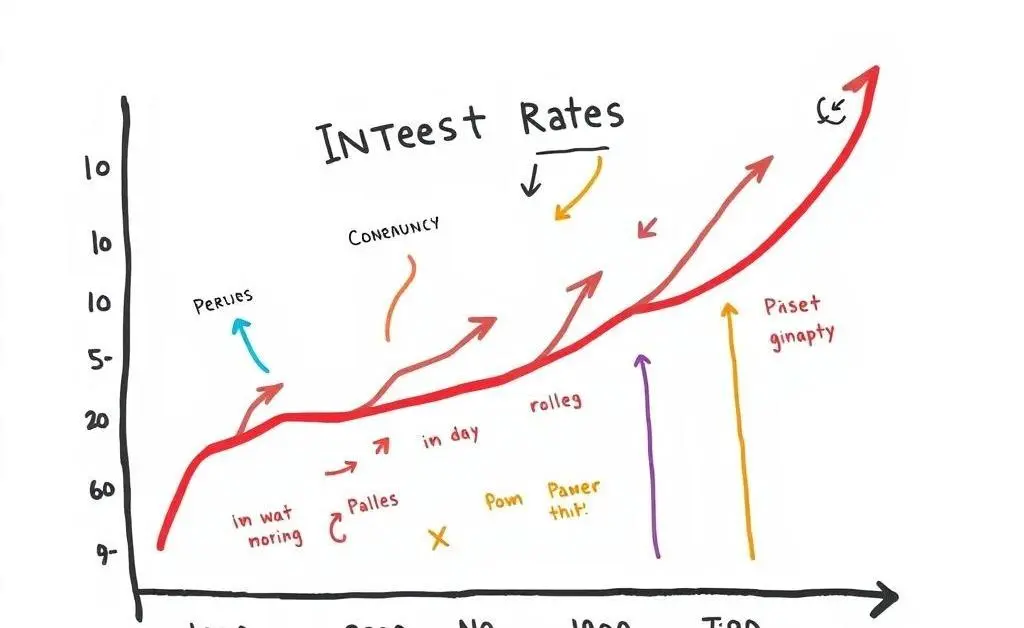Navigating Economic Uncertainty: A Personal Guide to Interest Rate Changes
Explore what changing interest rates mean for your financial plan in this friendly, easy-to-read guide.

Lately, I've been thinking about how interest rates seem like a big mystery to many of us. I mean, they're just numbers, right? But they have such a huge impact on our lives, from mortgages to credit cards and even our savings accounts. So, let's dive into what changing interest rates really mean for us—especially as the economy shifts this year.
What Are Interest Rates, Anyway?
In simple terms, an interest rate is the cost of borrowing money. When the economy slows down, there's chatter about the Fed (Federal Reserve) changing rates to either spur or temper growth. If you’re like me, you may wonder why they adjust these rates and how it affects us directly.

Why Do Interest Rates Change?
The Fed changes rates based on various economic indicators, like inflation and employment rates. When inflation is high, they might raise rates to keep things in check, making borrowing money more expensive and ideally slowing down spending. On the flip side, if the economy could use a little boost, lowering rates makes loans cheaper, encouraging spending and investment.
Interest Rates and Your Finances
So, what does this mean for your wallet? When rates change, you might notice your credit card interest, mortgage rate, or even the interest on your savings account fluctuating. Here's a quick look at how it can affect some common financial products:
- Mortgages: A lower interest rate could lower your mortgage payments, freeing up cash for other needs.
- Savings Accounts: Lower rates might mean less interest earned on savings, but it opens doors to cheaper loans.
- Credit Cards: If rates go up, carrying a balance might become more expensive.

How to Adapt Your Financial Plan
Given these shifts, it’s important to keep your financial plan flexible. Here are a few tips I've picked up:
- Review your budget: Make adjustments based on how these changes affect your income and expenses.
- Consider refinancing: If mortgage rates drop, it might be worth looking into refinancing to save on payments.
- Re-evaluate investments: Lower interest rates can make stock investments more appealing over time.
Finding Balance in Uncertainty
What’s essential is maintaining a balance and not letting market fluctuations dictate every financial decision. Being level-headed and informed can help you navigate these changes with less stress.

Final Thoughts
Even in uncertain economic times, you have the ability to adapt and make smart financial decisions. How have you adjusted your financial strategies in response to changing interest rates? Let’s share our tips with each other!




